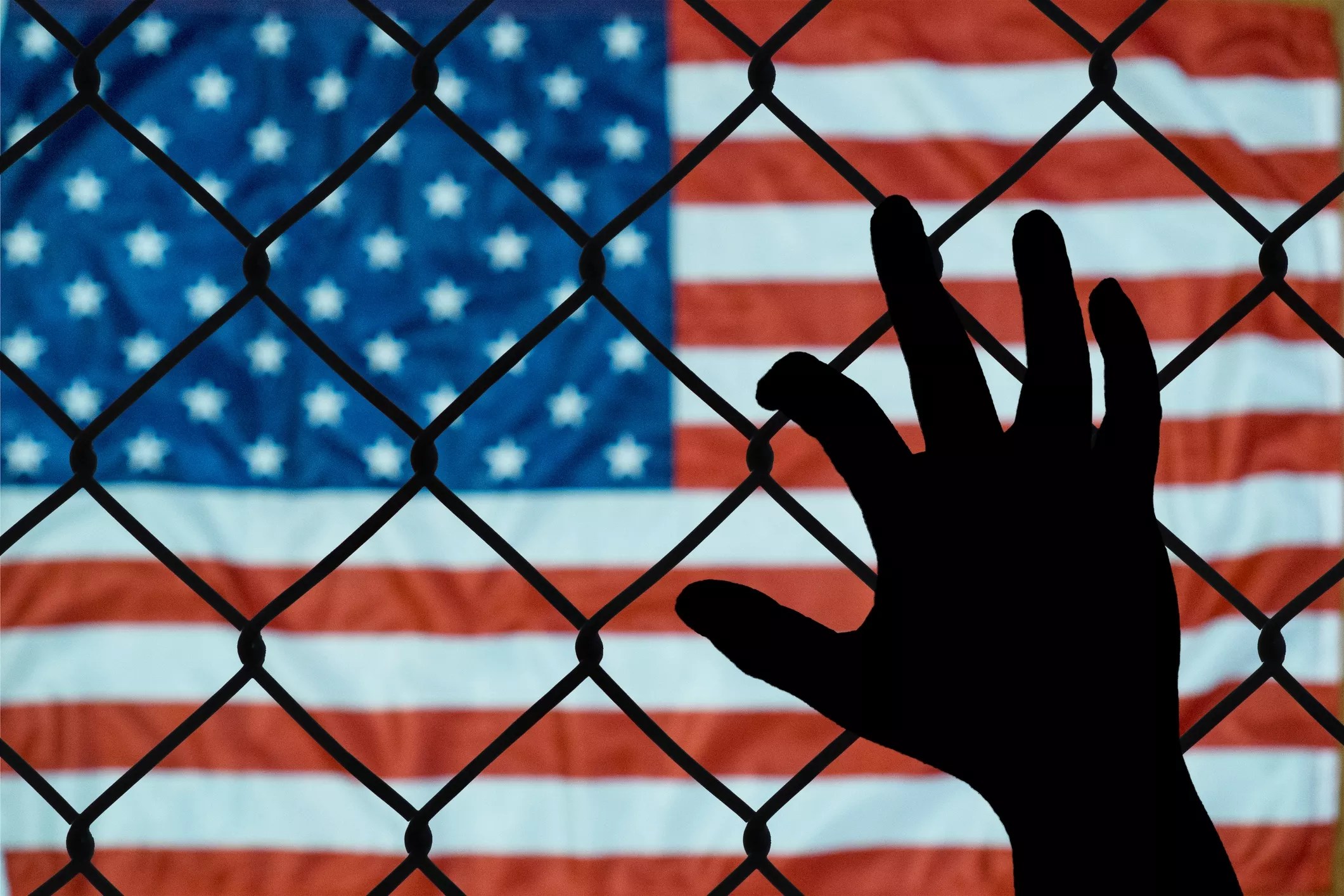
Brad Greeff/iStock

Audio By Carbonatix
The Border Patrol is ordering medical checks on every child in its custody following the death of two migrant children as Dallas activists and advocacy groups mourn their deaths and ask why medical checks weren’t a priority as the Trump administration began its crackdown on immigrant asylum seekers.
As the government shutdown prompted by President Donald Trump’s demand for funding for a border wall continued, an 8-year-old boy from Guatemala died while in U.S. Customs and Border Protection custody on Christmas Eve. This is the second death of a child in the care of Border Patrol following the death of a 7-year-old Guatemalan girl earlier this month.
The 8-year-old boy’s name is Felipe Gómez Alonzo. Pending an autopsy in Albuquerque, his body will be transferred to Alamogordo Funeral Home.
Before Alonzo is buried in his would-be new home country, far from his place of birth, Dallas activists are asking questions.
“[It’s] very sad,” Dallas immigrant advocate Olinka Green says. “But this is what Trump’s plans have become: a place of death and isolation for the youngest of the people fleeing their native countries that have been destabilized by America’s foreign policies.”
“This is what Trump’s plans have become: a place of death and isolation for the youngest of the people fleeing their native countries that have been destabilized by America’s foreign policies.” – Olinka Green
Green was part of a coalition of community members who visited Port Isabel Detention Center inmates as they were released in Brownsville earlier this year. She says she talked to immigrants who weren’t given sufficient health care and were denied medication they needed. She said that now, she’s wondering why there weren’t more medical checks to prevent two deaths in under one month in the first place.
According to reports, the CBP has more than 1,500 emergency medical technicians on staff, and officers help take dozens of sick children to hospitals every day. But following the death of Alonzo, Border Patrol put out a statement that inadvertently describes their capacity issues as well as insufficient health care that is supposed to provide for the high volumes of people under their custody.
According to the CBP’s statement, Alonzo and his father had been in custody since Dec. 18. On Christmas Eve, processing agents noticed that Alonzo was “coughing and appeared to have glossy eyes.” Later, he was nauseated and vomited. He was sent to Gerald Champion Regional Medical Center in Alamogordo, New Mexico, twice that day before he died.
Edyka Chilomé, a poet, activist and the child of immigrants, says children being killed and jailed is not a new problem in the United States.
“This is not something new that comes with Trump. … It’s important to remember that these are not the first two children who have died under custody and that these aren’t the first people to go through these processes of incarceration and detention,” she says. “We know the extremities of its violence and we have known it for years. This is something that, historically, this country has intentionally and strategically done since its inception.”
For Chilomé, the death of 8-year-old Alonzo and the detention of thousands of children by Immigration and Customs Enforcement is a continuation of a system that saw 12-year-old Tamir Rice killed by a police officer in Ohio in 2014, as well as “Kill the Indian, Save the Man” type boarding schools that the U.S. government forced thousands of Native Americans into beginning in the late 19th century.
“Changing that system like that takes effort and emotional labor, intellectual labor, action,” Chilomé says, “but the ongoing chronic violence of our society is something that we do have the power to change.”